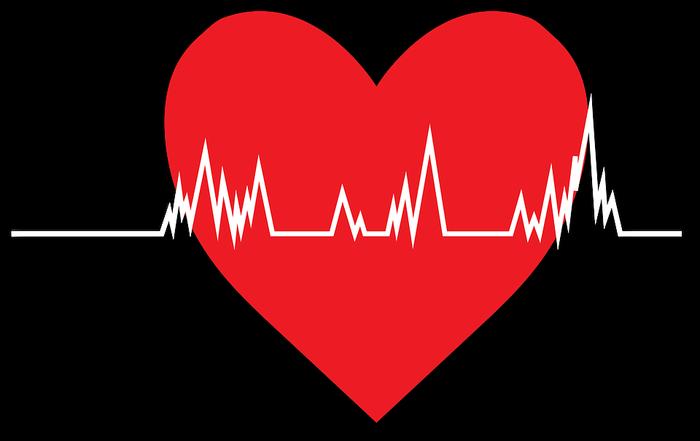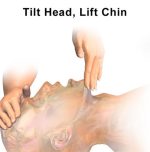Warning signs of heart attack

Cardiac arrest is a pressing concern in India in recent days. Several factors contribute to the rising incidence of cardiac arrest among younger individuals in India.
Unhealthy lifestyle choices, including lack of exercise, poor diet, smoking, and alcohol consumption are some of them.
In addition, stress, anxiety, and genetic predisposition also contribute to heart disease. All these factors play a significant role in cardiac diseases.
While men over the age of 45 are more prone to cardiac arrest, there has been a noticeable increase in younger women suffering from heart diseases in recent years.
It is essential to recognize warning signs for timely intervention.
Raising awareness about heart health and promoting a healthy lifestyle are crucial in minimizing the risk of cardiac arrest.
Here are the warning signs of a heart attack:
- Chest discomfort, often characterized as tightness, pressure, or squeezing in the centre or left side of the chest, is the most common and recognizable symptom. It can be persistent or intermittent. But it is important to pay attention to any unusual chest discomfort, especially if it worsens during physical activity.
- Heart attack symptoms can extend beyond the chest to other areas of the upper body, such as the arms, back, neck, jaw, or stomach. Unexplained pain or discomfort in these regions should not be disregarded.
- Additionally, experiencing difficulty in breathing or a sense of shortness of breath, even without chest pain, can be a warning sign of a heart attack. If breathing becomes challenging during exertion or at rest, the possibility of a heart attack should be considered.
- Nausea, indigestion-like discomfort, and unexplained or excessive sweating, particularly with cold and clammy skin, can also be warning signs.
- Extreme fatigue or exhaustion, especially with minimal physical strain or during rest, should not be ignored.
- Dizziness, lightheadedness, or a sensation of almost passing out may indicate reduced blood flow to the heart.
- Also, emotional symptoms like anxiety, fear etc., when combined with other warning signs, should be taken seriously.
Early recognition and medical intervention are crucial in improving the chances of survival during a heart attack.
It is vital to be aware of these signs and symptoms. Do not hesitate to seek immediate medical attention when they occur.
By prioritizing heart health and adopting a healthy lifestyle, individuals can significantly reduce the risk of cardiac arrest.
Image by Jefty Matricio from Pixabay (Free for commercial use)
Image Reference: https://pixabay.com/illustrations/heart-heart-attack-heart-health-4550842/










Leave a Reply